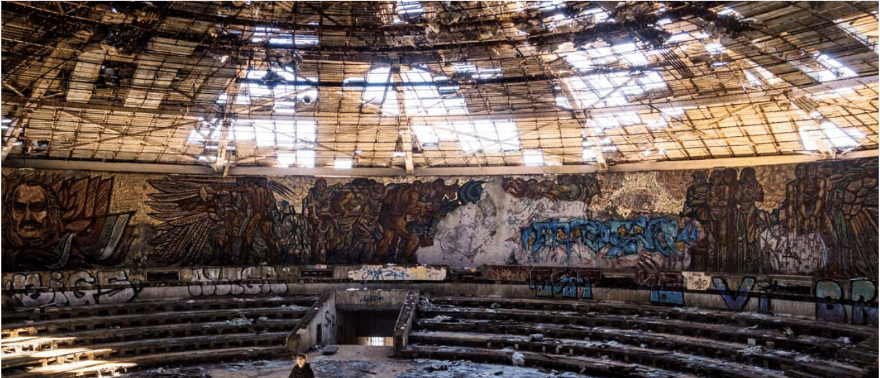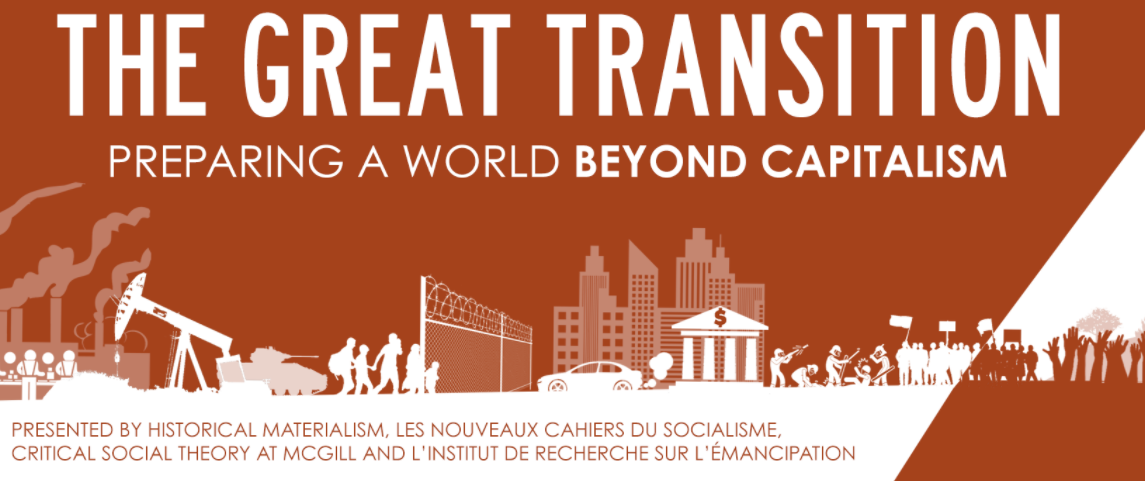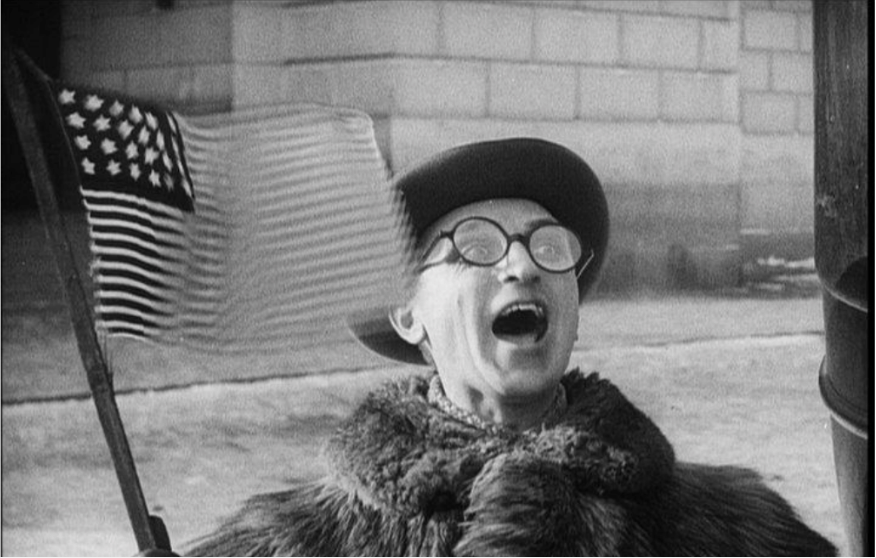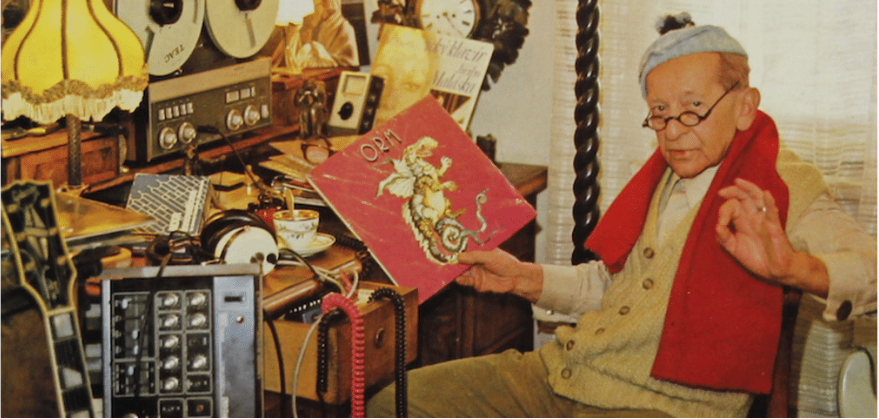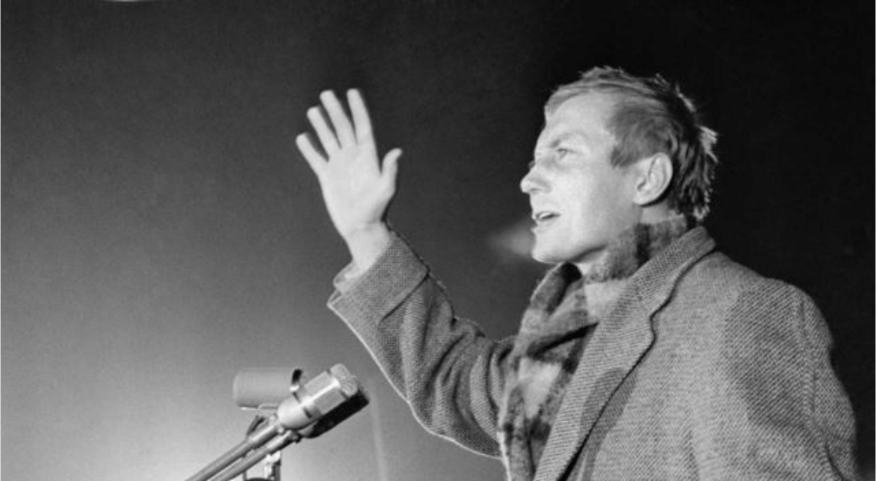The following is an artist talk by Red Wedge's Adam Turl at the opening of his exhibition, The Barista Who Disappeared, at Artspace 304 on June 1, 2018 in the artist's home town of Carbondale, Illinois. This exhibition marks the last (for now) iteration of Turl's two-year project, The Barista Who Could See the Future, about a coffee shop worker and artist living in Southern Illinois who believes he has visions of the future. The city of Carbondale is facing a crisis as budget cuts and inflationary tuition hikes are undermining Southern Illinois University (the city's main employer) with the active hostility of the university's board.
Read moreWho Will Be Pirate Jenny?
The artist speaking at Artspace 304





